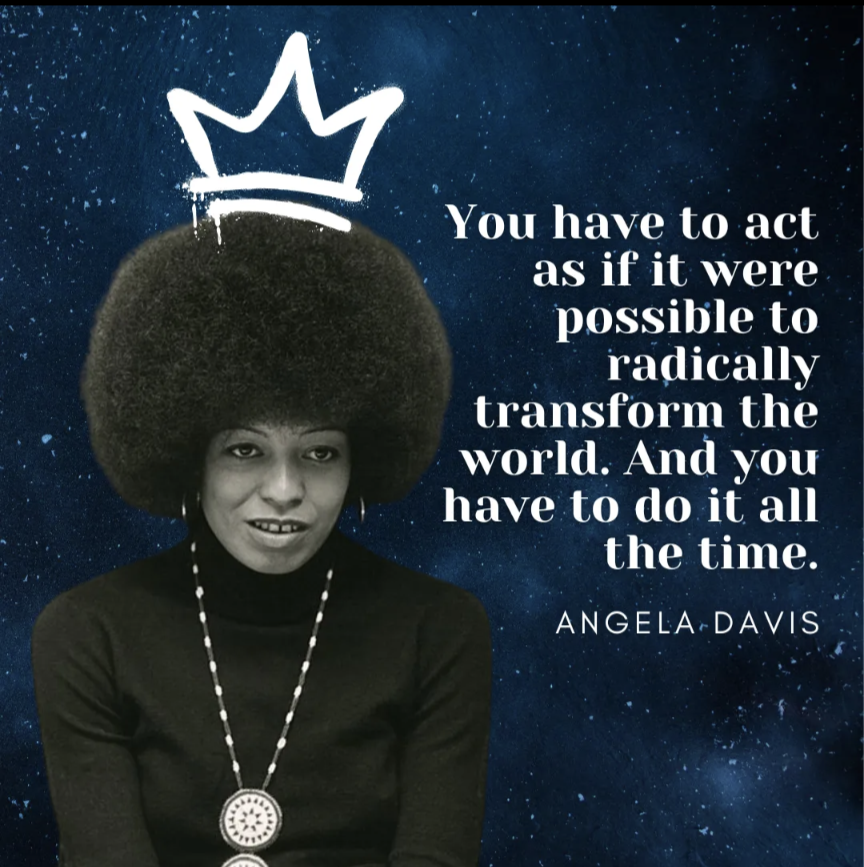"What you can plan is too small for you to live."

"Meander" is the word I received during the recent Abbey of the Arts "Give Me A Word" online retreat. It was my first--my first word for a year and my first online retreat. But on the way to "meander," I went through some dozen words during the 40-some days. I meandered to meander!
Freedom
Play
Deepening
(Rootedness, from Marie)
“Anything is possible.”
Possible
Anything
Create (build)
Hope
Flight, Fly (as in Superman)
Radical transformation is possible
Follow the river, slowly
In a way, all these meanings are part of what I hear in "meander." The one, final word holds the memory of the others along the way.
Meander means freedom to me. Freedom not to go fast or direct. Freedom to play and create, which by their nature are not straight-line activities.
My inner critic fears inefficiency, changing direction, time wasted, and looking idle or like I don't know what I'm doing. Meander means the possibility and hope of being beyond what that fearful critical allows. A small epiphany happened when Christine Valters Paintner of Abbey of the Arts shared these lines from "What to remember when waking," the poem by David Whyte.
What you can plan is too small for you to live. What you can live wholeheartedly will make plans enough for the vitality hidden in your sleep.
Whyte loses me with the sleep bit, but even so, I resonate. It's not that making plans is bad. It's that plans are inherently limited. (A useful phrase I picked up in community organizing training with the Organizing for Mission network. Advocacy, like many things we elevate, are in truth inherently limited.) I think of Jesus's teaching on the Sabbath, challenging the rigid and inflexible.
The Sabbath was made for people, not people for the Sabbath.
So also plans. Hence meander. Because I can get stuck in my plans, pursue them slavishly, judge harshly when reality is more messy and complicated.
I can also plan to meander.
Meander came to me a few days before the final "Give Me A Word" Day of Epiphany gathering. My family and I had driven to Rockford to visit friends. We took our plug in electric car and found on the way there that we were pushing its range limits. So on the way home, we avoided the interstate and instead drove along the Rock River. We lost about 15 minutes of time to a longer trip, and we gained at least 30 miles of charge. Even better, the trip was stunningly beautiful. Snow was falling on bare trees and open fields. And often we'd bend around a curve in the road to find the river again, wide and patient. As I marveled, meander came.
And so did a plan: to cycle the Rock River, from its confluence with the Mississippi to Prophetstown, Illinois. It's some 70 miles, from home, to the confluence, to Propheststown. I've cycled longer in a day. And what if the kids and I rode it together? Camped along the way?
One "Give Me A Word" practice involved considering our word's opposite. Meander's opposite, I decided, is straightaway, if straightaway could also be a verb. Straightaway taught me that meander is not a rejection of straightaway. Meander means to value meanders as much as straightaways.
I'm good at pathfinding. It's one of my gifts as a leader, related to strategic thinking, problem solving, and deliberation. Given a problem or a goal, I can simply see a best path among the options. Or when there's no one best, I can see the branch points. Do we value this or that? Then we're better off going this way not that way. Straightaways are great! We can gain so much going the clear, direct, easy way.
But it's for good reason my spiritual director told me, "Don't push the river."
Meander is a both-and, not an either-or. So meander has a lot to do with surrender and purpose and discernment. What is life for? And time? What are our deepest desires and biggest-picture values? What really matters?
Meander has to do with resistance to the seductions and tyranny of a "time is money," bottom line, profits and productivity over people and care ethic/worldview; the emptiness and triviality of more more more; the privation of my career, my family, my whatever.

Meander also has to do with worship and a worshipful life. As Marva Dawn wrote,
To worship the Lord is--in the world's eyes--a waste of time. It is, indeed, a royal waste of time, but a waste nonetheless. By engaging in it, we don't accomplish anything useful in our society's terms.
Worship ought not to be construed in a utilitarian way. Its purpose is not to gain numbers nor for our churches to be seen as successful. Rather the entire reason for our worship is that God deserves it. Moreover, it isn't even useful for earning points with God, for what we do in worship won't change one whit how God feels about us. We will always still be helpless sinners caught in our endless inability to be what we should be or to make ourselves better--and God will always still be merciful, compassionate, and gracious, abounding in steadfast love and ready to forgive as we come to him.
A Royal "Waste" of Time, page 1
What a relief.
So meander urges me. And the Rock River calls to me. A worshipful life is one wasted acting in the holy hope that it is possible to radically change the world, is it not? One wasted meandering.
A river gave us the word meander. All of us, not just me. The Büyük Menderes River in present-day Turkey was known to Ancient Greeks as Μαίανδρος Maiandros, or in Latin Maeander. One Ancient Greek geographer/philosopher/historian said,
...its course is so exceedingly winding that everything winding is called meandering.
Including the way of transformation.
